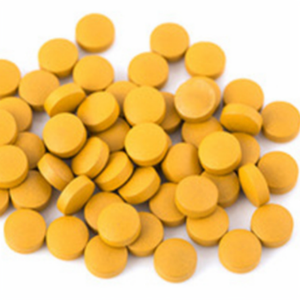Quercetin Dihydrate——Antitussive, anti-cancer good helper
It is widely found in the form of loquat, Rhododendron and quercetin, such as Rhododendron, Rhododendron, etc. It has good expectorant and antitussive effects, also has a certain antiasthmatic effect, and has the pharmacological functions of reducing blood pressure, improving capillary resistance, reducing capillary fragility, reducing blood lipid, expanding coronary artery and increasing coronary blood flow.
Quercetin dihydrate has antitussive and anti-inflammatory effects. Quercetin is an expectorant commonly used in Chinese medicine clinic. It has good expectorant and antitussive effects, and also has a certain antiasthmatic effect. It can improve the resistance of capillaries and expand coronary arteries. Therefore, quercetin dihydrate can also fight bronchitis to a certain extent.
Quercetin dihydrate can significantly reduce the replication rate of hepatitis C virus. At the same time, it is found that the infectivity of virus particles treated with quercetin is reduced by 65%, indicating that quercetin affects the integrity of the virus, Further molecular experiments confirmed that quercetin can play an antiviral role by preventing the up regulation of diacylglycerol acyltransferase by hepatitis C virus and the typical localization of hepatitis C virus core protein on the surface of lipid droplets.
Quercetin dihydrate can reduce blood pressure, enhance capillary resistance, reduce capillary fragility, reduce blood lipid, expand coronary artery and increase coronary blood flow. It also plays an auxiliary role in the treatment of patients with coronary heart disease and hypertension. In addition, quercetin dihydrate can effectively reduce H2O2 mediated oxidative damage of cardiomyocytes, inhibit cardiomyocyte apoptosis and protect the heart.

